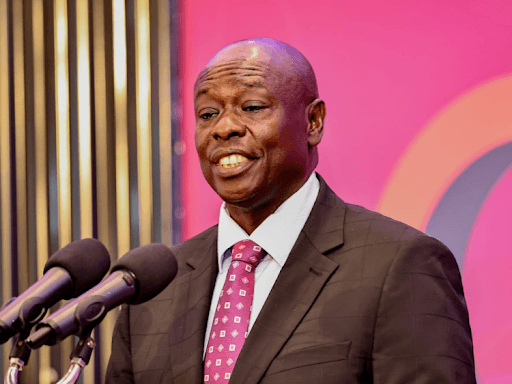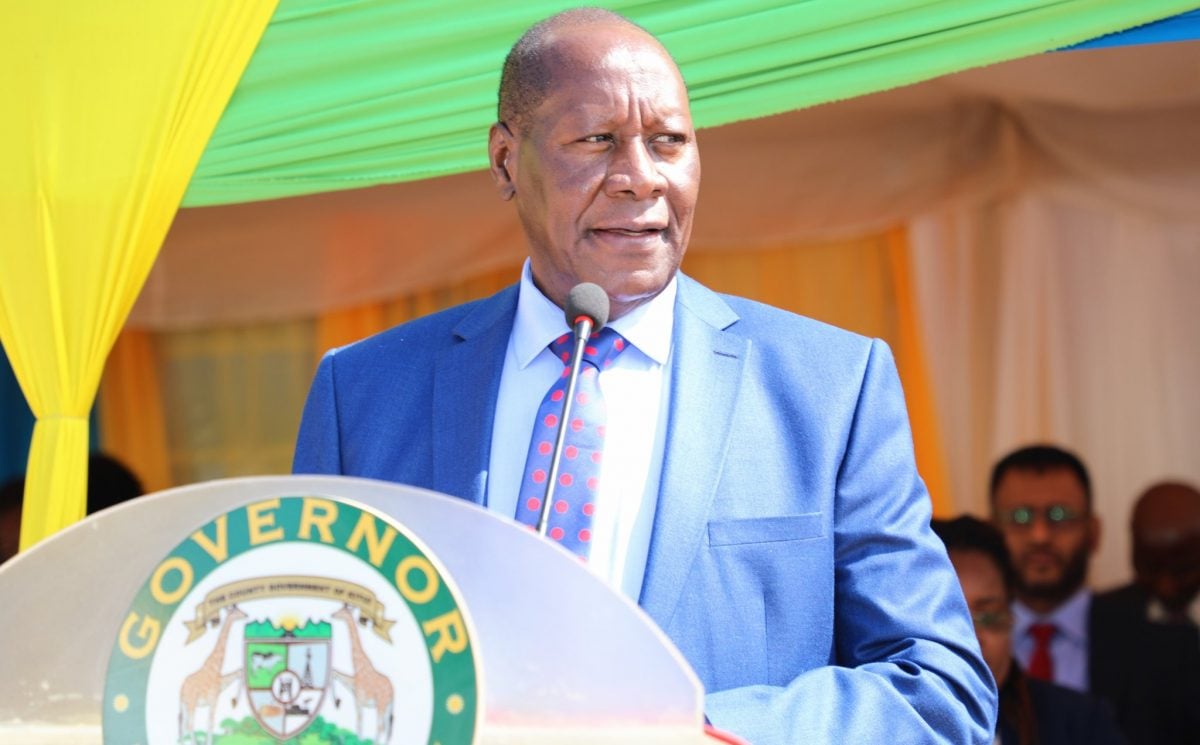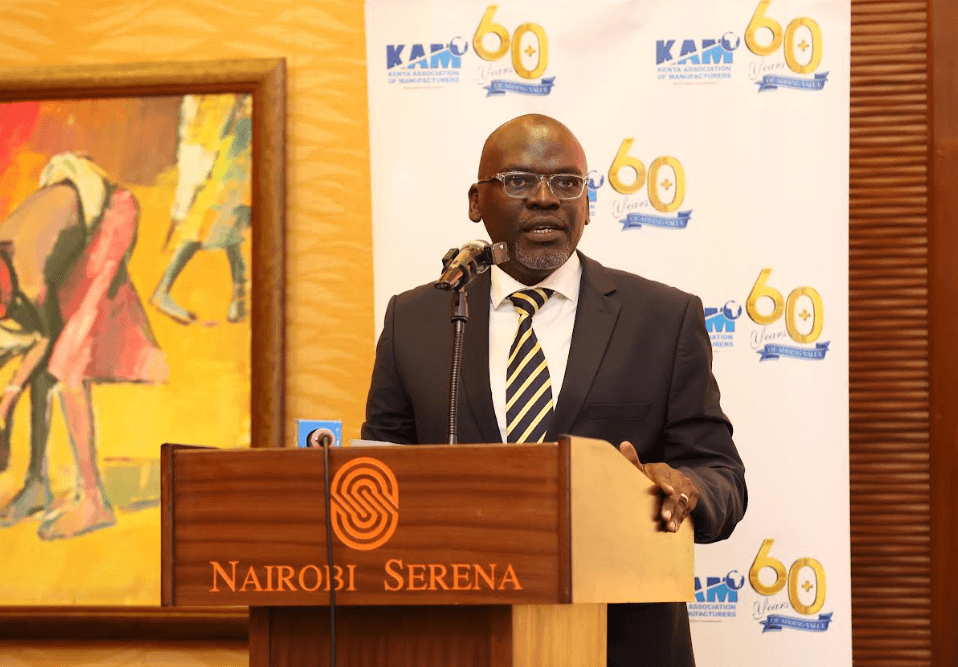

Nearly two years before the next general election, Kitui
politics is already heating as a crowded field of politicians, technocrats and
seasoned operatives angle for the governorship.
At least seven aspirants have formally declared interest, setting the stage for what promises to be one of the most competitive county races in 2027.
Among the front-runners are three sitting lawmakers: Kitui Central MP Makali Mulu, Woman Representative Irene Kasalu and Senator Enoch Wambua.
Each is banking on their legislative track record and grassroots networks to scale up to the county’s highest office.
They will face off against former governor Charity Ngilu, who has re-emerged after a period in the political cold, determined to make a comeback.
Also in the race are former Deputy Governor and ex-Cabinet Secretary Peninah Malonza, Safaricom executive Nicholas Mulila and governance activist Francis Musili Kauta.
Incumbent Governor Julius Malombe, though serving his second term, has not ruled out defending his seat, pending a Supreme Court ruling on whether his interrupted tenure qualifies him for a fresh contest.
The lineup underscores the allure of Kitui’s top seat and the intensity of the stakes. Former PS Jonathan Mueke and veteran politician David Musila, both of whom lost in 2022, are also being mentioned as possible late entrants.
For Ngilu, the race offers a chance at political redemption.
A shrewd mobiliser with decades in elective politics, she is reminding voters of her legacy — institutions such as South Eastern Kenya University, Kenya Water Institute, and KMTC campuses — while framing herself as the candidate who can restore decisive leadership.
Wambua, on the other hand, is using his two-term record in the Senate, where polls consistently rated him among the best performers, to sell him.
Makali Mulu projects himself as the “father of development,” pointing to transformative projects in Kitui Central, particularly his pioneering initiative to introduce storey classrooms in primary schools.
Kasalu leans on her reputation as a champion for women and youth, showcasing empowerment programmes and NGAAF-backed initiatives as her platform for county leadership.
Malonza is positioning herself as a disciplined performer driven by a “divine calling,” often engaging women’s groups with donations of water storage tanks and pledges of grassroots support.
Mulila, known as a behind-the-scenes operator, is beginning to step into the political limelight, quietly consolidating networks while drawing from his corporate and philanthropic ties.
Kauta remains a wild card — a theologian and blogger who has built his profile by critiquing governance failures and environmental degradation in the county.
The crowded nature of the field hints at inevitable fractures. With several aspirants aligned to the same political formations, bruising nomination battles could push some to seek alternative party tickets. Behind the pledges and promises, the race is shaping up as a classic contest of experience, resources and grassroots mobilisation.
Who stands where?
Ngilu enters the race as the most experienced contender, her long political career and oratory prowess unmatched. Yet, her biggest hurdle may be convincing voters that her comeback bid is about service and not survival after years on the sidelines.
Wambua carries the credibility of a high-performing senator, but translating Senate achievements into county-wide appeal is a test that has humbled many national legislators. His real battle will be proving he can shift from oversight to executive management.
Mulu has built a reputation as a development-focused MP, branding himself as the “father of development.” His challenge is scaling constituency-level successes into a county-wide narrative that resonates across Kitui’s diverse regions.
Kasalu, a two-term Woman Representative, has cultivated strong grassroots ties, particularly among women. While her empowerment programmes are popular, her ability to break through in a male-dominated contest remains uncertain.
Malonza, a former CS, blends technocratic experience with a “divine calling” narrative. However, she may need to broaden her base beyond women groups to mount a formidable county-wide campaign.
Mulila represents a new, corporate face in the race. With resources and networks, he could be a surprise factor, though his lack of elective office experience may be used against him by seasoned rivals.
Kauta, the activist and theologian, has a passionate voice against governance failures and environmental degradation. Whether that translates into electoral muscle is less clear, but his candidacy may shape debates on accountability and sustainability.
Malombe remains the wildcard. If the courts allow him to defend his seat, he will leverage incumbency, ongoing projects and the unfinished business narrative. If barred, his supporters could tilt the race in unpredictable ways.
Ultimately, Kitui’s 2027 governorship is shaping into a battle not just of personalities, but of legacies, promises and the shifting coalitions that will define the county’s political future.

















